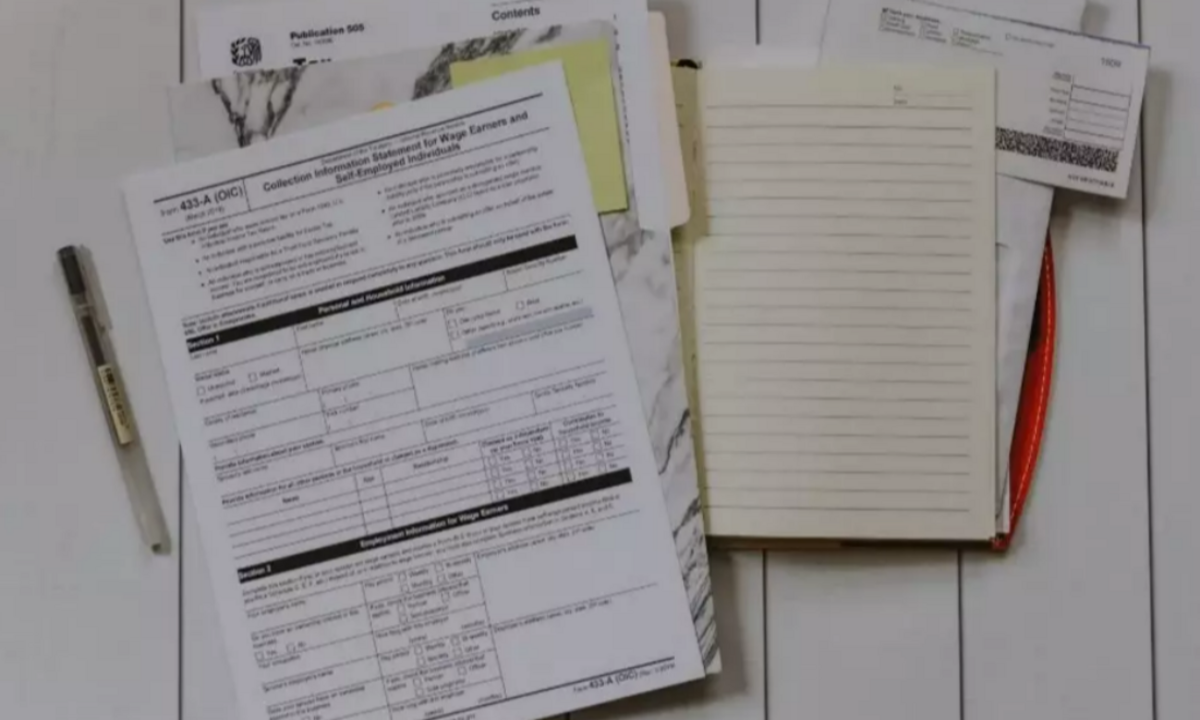Big changes are coming for New Jersey seniors applying for property tax relief. The New Jersey Department of the Treasury has announced that, for the first time, seniors aged 65 and older, along with disabled homeowners, can apply for three different property tax relief programs using a single application form.
The new, streamlined form, called PAS-1, will be available online within the next few weeks. Additionally, more than one million households will receive paper copies by early March. The deadline for submitting the PAS-1 form is October 31, giving seniors and disabled homeowners ample time to apply.
This change eliminates the hassle of completing multiple applications for different programs, making it easier for eligible residents to access tax relief benefits.
What Programs Are Included?
With the PAS-1 form, applicants can simultaneously apply for the following three property tax relief programs:
Anchor Program: Offers rebates to homeowners and renters to help offset property taxes.
Senior Freeze Program: Helps eligible seniors and disabled homeowners by reimbursing increases in property taxes.
Stay NJ Program: A new initiative designed to significantly reduce property tax burdens for senior homeowners.
These programs aim to ease the financial strain of property taxes, especially as costs continue to rise across the state.

Who Can Apply?
The new PAS-1 form is specifically for seniors and disabled homeowners. Other homeowners and renters eligible for the Anchor program will receive separate notifications confirming their eligibility and application details later this year.
For years, seniors in New Jersey have expressed frustration with the complex and time-consuming tax relief application process. In response, Governor Phil Murphy signed a law in November requiring a single application form. This streamlined process is a significant step toward making tax relief more accessible.
Uncertain Funding for Future Property Tax Relief
While the simplified application is great news for seniors, the state has cautioned that funding for future property tax relief programs is subject to budget approvals.
Governor Murphy is scheduled to present the state’s 2026 budget plan on February 25. Given that New Jersey is currently facing a significant budget deficit, officials warn that financial constraints may impact the availability of tax relief benefits in the coming years.
State Treasurer Elizabeth Maher Muoio recently provided an update on revenue collections, indicating that while tax revenue is slightly ahead of last year, the state anticipates a tight budget year. Departments have been directed to propose budget reductions to address the shortfall.
Property Tax Relief Remains a Priority
Despite financial concerns, Governor Murphy has reaffirmed his commitment to fully funding the state’s pension obligations and continuing property tax relief programs. More than $3 billion was allocated to property tax relief in the current budget, benefiting nearly 2 million eligible homeowners and renters.
The Stay NJ program, which is expected to launch in early 2026, aims to cut property taxes in half for eligible senior homeowners. Once fully implemented, Stay NJ could provide benefits of up to $6,500 for homeowners earning up to $500,000 per year. However, the program has faced criticism for excluding senior renters, a move that some argue disproportionately benefits wealthier homeowners.
What’s Next?
As New Jersey moves forward with these property tax relief initiatives, seniors and disabled homeowners are encouraged to take advantage of the new application process. The state will continue working on budget plans, and officials will determine the future of programs like Stay NJ based on available funding.
For now, the PAS-1 form marks a significant step toward simplifying the application process and ensuring that more seniors receive the financial relief they need.
Disclaimer—Our team has checked this article to ensure its accuracy and eliminate any misinformation. We are committed to providing clear and reliable information for our readers.




